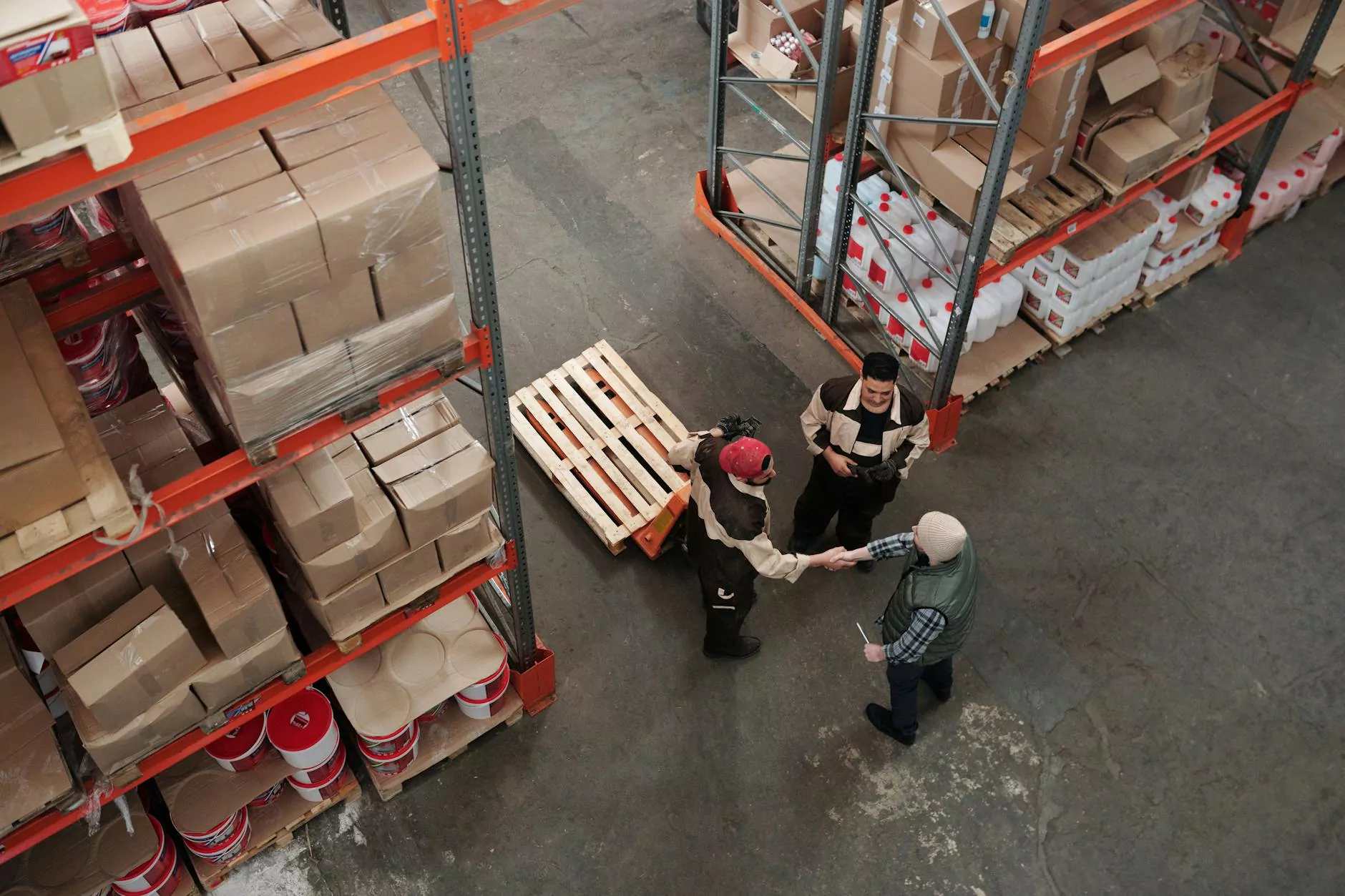Understanding the Average Air Freight Cost Per kg in the Shipping Industry

The shipping industry plays a vital role in facilitating global trade, connecting businesses and individuals across borders. With the constant need for efficient transportation of goods, it's crucial to understand the key factors that influence shipping costs, particularly the average air freight cost per kg. In this article, we will explore the significance of this metric and how it impacts shipping centers, transportation, and airports in the business industry.
The Importance of Air Freight Cost
Air freight is widely recognized as one of the fastest and most reliable modes of transportation for cargo. However, it comes with its costs, and understanding the average air freight cost per kg is essential for businesses involved in shipping and logistics. It allows them to plan their budget effectively, make informed decisions, and optimize their supply chain operations.
Air Freight Cost Calculation Factors
The average air freight cost per kg is influenced by several factors, including:
- Distance: The distance between the origin and destination has a direct impact on the air freight cost. Longer distances generally incur higher expenses.
- Weight and Volume: The weight and volume of the cargo are crucial factors in determining the cost. Heavier and bulkier shipments tend to have higher freight charges.
- Type of Goods: The nature and type of goods being shipped also affect the air freight cost. Perishable or hazardous goods may require special handling or packaging, resulting in additional fees.
- Seasonality: The demand for air freight services fluctuates throughout the year. During peak seasons, such as holidays, the cost per kg may increase due to higher demand and limited capacity.
- Customs and Duties: Customs fees, import taxes, and other duties associated with cross-border shipments can contribute to the overall air freight cost.
- Currency Exchange Rates: Since air freight costs are often quoted in different currencies, fluctuations in exchange rates can impact the final expenses.
The Role of Shipping Centers in Air Freight Cost
Shipping centers are significant hubs where cargo is consolidated, processed, and distributed efficiently. They serve as crucial intermediaries between shippers and airlines, streamlining the transportation process and contributing to the average air freight cost per kg. These centers offer various services, including warehousing, customs brokerage, packaging, and documentation assistance.
By leveraging their expertise and network, shipping centers can negotiate favorable rates with airlines and other service providers, ultimately benefiting businesses by offering competitive air freight costs. Furthermore, they can help optimize shipment routes, select the most suitable carriers, and ensure compliance with industry regulations, reducing expenses and enhancing overall efficiency.
The Impact on Transportation and Airports
The average air freight cost per kg also influences transportation companies that specialize in connecting shipping centers to airports. These companies play a critical role in transporting cargo between various locations, ensuring seamless operations within the supply chain. They utilize an array of vehicles, including trucks and vans, to facilitate the movement of goods efficiently.
Efficient transportation companies actively collaborate with airports to minimize transit times, handle documentation, and ensure the secure transfer of cargo. They strive to optimize processes, minimize costs, and pass on these benefits to businesses in the form of competitive air freight rates. As such, the average air freight cost per kg directly impacts transportation companies and their ability to provide cost-effective solutions.
Not to be overlooked, airports are vital components of the global shipping ecosystem. They serve as key points of entry and departure for airfreight, accommodating countless shipments daily. Efficient airport operations and infrastructure contribute to streamlined processes, reducing costs associated with handling, storage, and security measures.
Choosing the Right Partners and Services
When striving to optimize the average air freight cost per kg, it's crucial for businesses to carefully choose their partners and establish strong relationships. Collaboration with reputable shipping centers, transportation companies, and airports can lead to significant cost savings and operational efficiencies.
By leveraging technology and comprehensive industry knowledge, businesses can identify optimal routes, employ cost-effective packaging strategies, and navigate complex customs procedures. The collective efforts of these industry players contribute to the overall cost-effectiveness of air freight for businesses.
In Conclusion
Understanding the average air freight cost per kg is paramount for businesses involved in the shipping industry. By considering various factors such as distance, weight, volume, and type of goods, businesses can accurately plan their expenses and optimize their supply chain operations. Shipping centers, transportation companies, and airports all play important roles in determining air freight costs, with their collective efforts contributing to the efficiency and cost-effectiveness of the overall shipping process.
At CargoBooking.aero, we aim to provide valuable insights and comprehensive information to help businesses navigate the world of air freight. With our extensive network of shipping centers, transportation partners, and airport services, we are committed to delivering cost-effective solutions that meet your specific shipping needs. Contact us today to learn more about the average air freight cost per kg and how we can assist you in streamlining your shipping operations.









